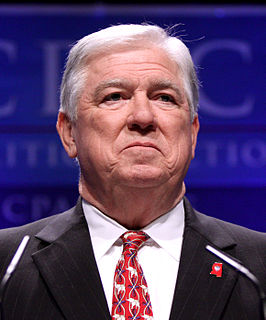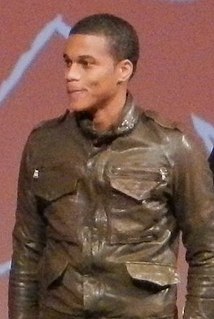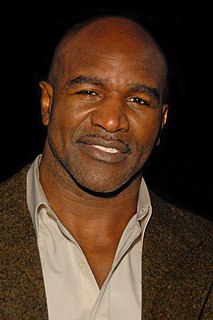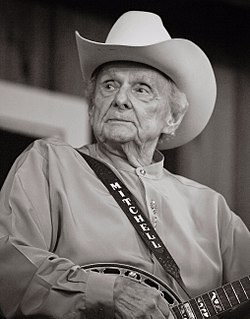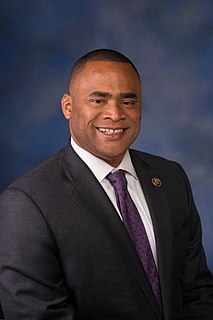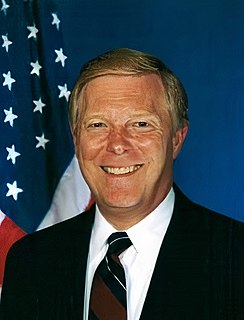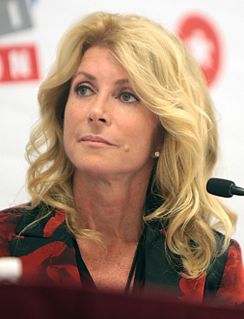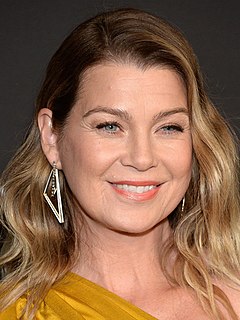A Quote by Haley Barbour
My daddy died when I was two years old. My mother raised my two older brothers and me. And we couldn't have had a better situation. I mean, she was the - ran the concession stand at the Little League, and she was the first woman president of The Touchdown Club, the booster club for the high school football team. And so, I had a wonderful childhood.
Quote Topics
Better
Booster
Brothers
Childhood
Club
Concession
Daddy
Died
First
Football
Football Team
Had
High
High School
High School Football
League
Little
Little League
Me
Mean
Mother
Old
Older
Older Brother
President
Raised
Ran
School
She
Situation
Stand
Team
Touchdown
Two
Two Years
Woman
Woman President
Wonderful
Wonderful Childhood
Years
Related Quotes
My first banjo? My mother's sister, my aunt, lived about a mile from where we did, and she raised some hogs. And she had - her - the hog - the mother - they called the mother a sow - of a hog. And she had some pigs. Well, the pigs were real pretty, and I was going to high school and I was taking agriculture in school. And I sort of got a notion that I'd like to do that, raise some hogs. And so my aunt had this old banjo, and my mother told me, said, which do you want, the pig or a banjo? And each one of them's $5 each. I said, I'll just take the banjo.
My mother graduated from high school in 1969, and on January 3, 1971, she gave birth to me. She was married later that year, but by the time I was 10, she was a divorced single mother of two young boys. To make ends meet, we moved in with my grandparents, who were also housing two of my mother's siblings and their kids.
My mother used to say, 'You gotta exercise.' She would really pound on me to exercise every day. She was very physically fit; she was on the basketball team in high school in St. Louis in the 1920s, when women didn't do that. And she taught me to play tennis, taught me to walk and run, and I ran for 30 years pretty religiously.
When I think about that kind of spirit, I think about my mother, who is standing here with me tonight. My mother is the embodiment of what it means to have a Texas spirit, because she wanted nothing more than for her children to have a better life than she had, to have an education beyond the ninth-grade education that she had, to live happier lives, more successful ones than she had been able to live. And you know what? She raised the daughter who ran for governor.
My mother was the greatest mother in the world. She thought I was the greatest thing on two feet. I'd come home with a little composition I had written at school, and she'd look at it and say, 'It's wonderful! You're another Shakespeare!' I always assumed I could do anything. It really is amazing how much that has to do with your attitude.
[My mother] was the oldest of two sisters and two brothers, and she grew up with her brothers, who were about her age. She grew up, to the age of ten, like a wild colt, and then all of a sudden that was over. They had forced on her her 'woman's destiny' by saying, 'This isn't done, this isn't good, this isn't worthy of a lady.'
I was raised by drag queens, practically ... my mother died when I was four-years-old, so I was effectively raised by a bunch of different people. A lot of those people were friends of my sister, Kathleen, who had all these gay friends. She would baby-sit me everyday, and she would take me over to her friend's houses with all kinds of things going on: tucking, and eyebrow drawing, waxing, all sorts of things. I was literally raised by gay men.
Mother Teresa was a hero of mine for a long time. I just like the way she took on the world from a very humble place. She has a great quote. When she was leaving her monestary to start Sisters of Charity, she had two pennies. She was asked by a head priest what she could possibly do with two pennies. She said, 'Nothing. But with two pennies and God, I can do anything'.
